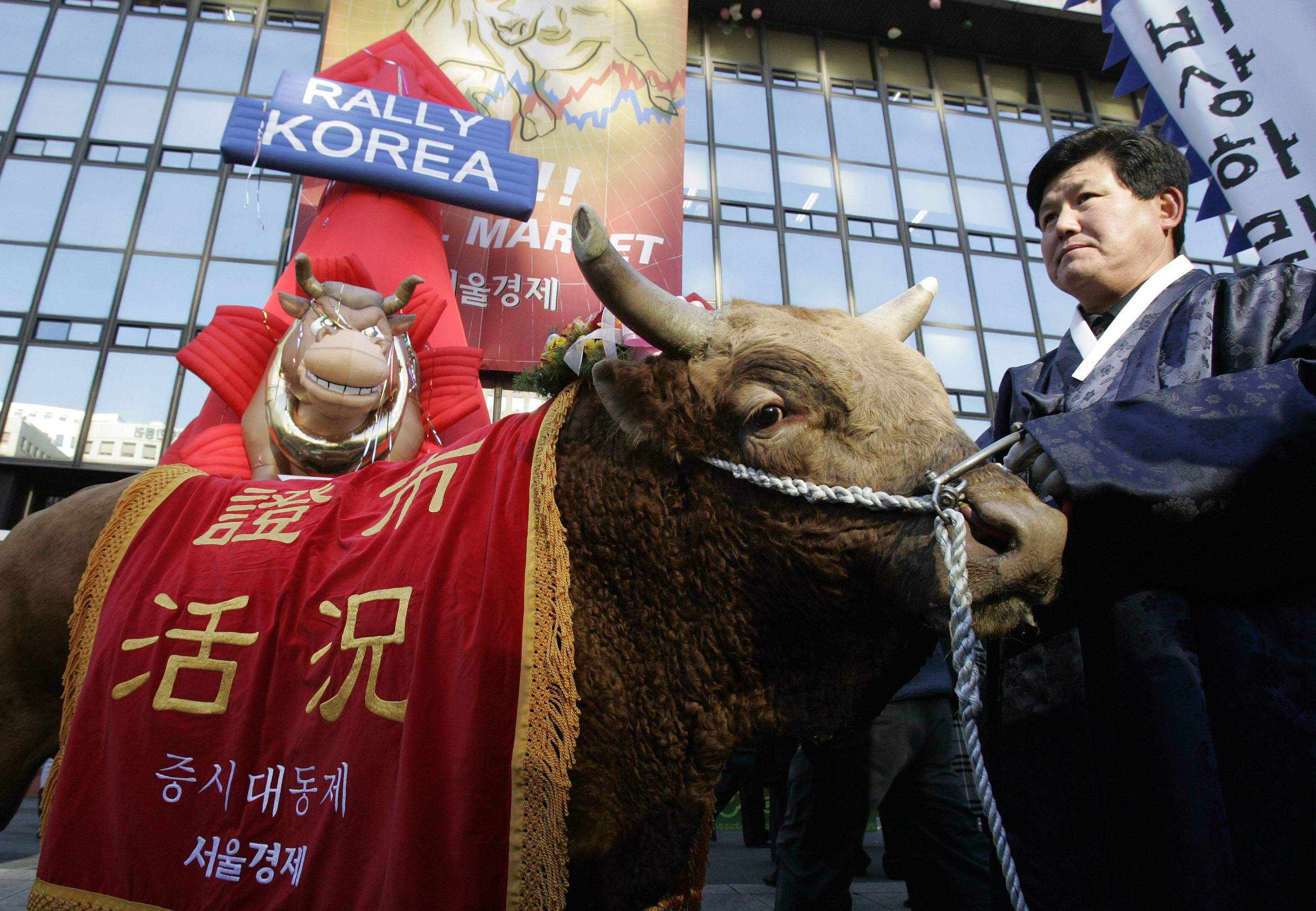"Squid Game," a dystopian South Korean drama on Netflix, is one of the world’s most-watched television series. Like "Parasite," which won Best Picture at the 2020 Oscars, "Squid Game" highlights the increasing gap between South Korea’s rich and poor. A similar disparity now exists in many, if not most, developed economies.
It may seem puzzling that South Korea is troubled by such inequity, because the country’s previous high growth and low inequality were central to the “East Asian miracle.” In the period from 1960 to 1990, the region’s economies supported the so-called Kuznets hypothesis that economic growth in industrializing countries would initially aggravate inequality but subsequently reduce it amid sustained expansion. But such equalizing growth stopped in the early 2000s, if not earlier.
Nowadays, South Korean capitalism seems more noxious — perhaps because it has been converging with the liberal Anglo-Saxon model, which is associated with weak investment, slow growth and high inequality. In fact, recent data suggest that both South Korea and Japan are converging with the Anglo-Saxon camp. For example, the share of national income accruing to the top 10% has increased globally, but particularly in the United States and East Asia. In the 2010s, the U.S. had the highest such ratio, at over 45%, followed closely by South Korea (45%) and Japan (40%).

















With your current subscription plan you can comment on stories. However, before writing your first comment, please create a display name in the Profile section of your subscriber account page.